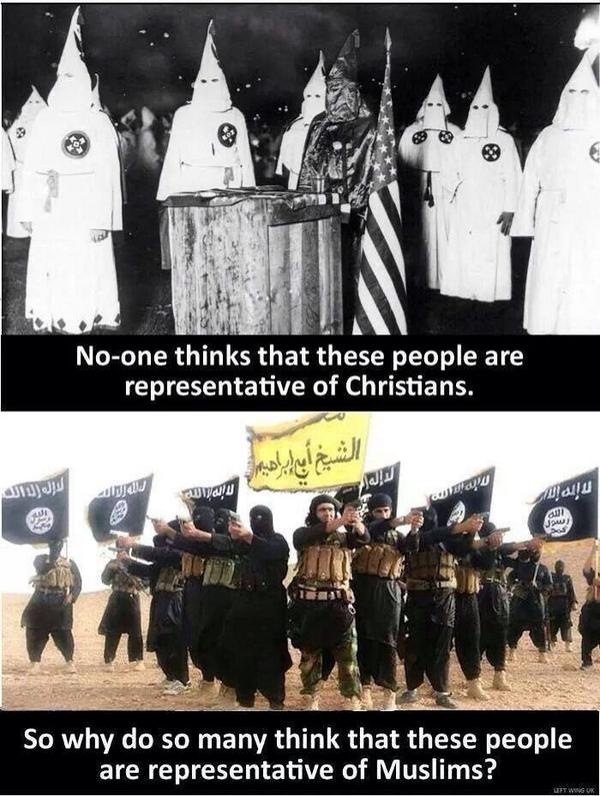- Moderator
- #1
Prominent Muslim Sheik Issues Fatwa Against ISIS Violence NPR
 i
i
ISIS is not Islamic.
And here, once again, are Muslim voices speaking out against and doing something about this extremist group.

Sheik Abdullah bin Bayyah is interviewed about his fatwa explaining why ISIS is wrong to claim that Islam supports violence and the establishment of a caliphate by force.
Then he singled out one organization and one man leading that charge: the new Forum for Promoting Peace in Muslim Societies and Sheik Abdullah bin Bayyah. Describing the group's purpose, the sheik said, "We must declare war on war so the outcome will be peace upon peace."
Bin Bayyah, 79, is a prominent Muslim cleric and, as a respected religious scholar, has issued edicts to explain why groups such as the so-called Islamic State, also known as ISIL or ISIS, are misguided and should reverse course.
Last week, key clerics from the Muslim world issued two fatwas, or religious edicts, against the group.
One came from senior religious leaders in Saudi Arabia, and the other came from bin Bayyah. His fatwa calls for dialogue about the true tenets of Islam and, over the course of many pages, questions just about everything for which ISIS says it stands. The fatwa says establishing a caliphate by force is a misreading of religious doctrine. Killing of innocents and violence, the fatwa declares, are wrong too.
Bin Bayyah said in an interview with NPR that he hopes the religious ruling will slow the group's momentum. "Primarily [the fatwa] is really about addressing the mistakes, and it's really warning them and advising them that what you are doing is clearly wrong," he said.
Bin Bayyah is known as a scholar's scholar. He was born in the North African country of Mauritania and studied in Islamic centers there. He served as a judge of the High Court in Mauritania and had a number of ministerial positions. Now he's a lecturer at the Aziz University in Jeddah, Saudi Arabia.
ISIS is not Islamic.
And here, once again, are Muslim voices speaking out against and doing something about this extremist group.

